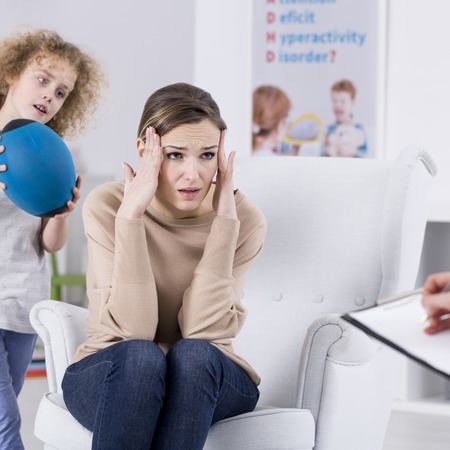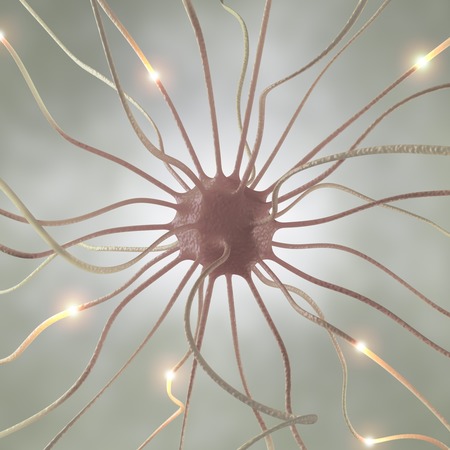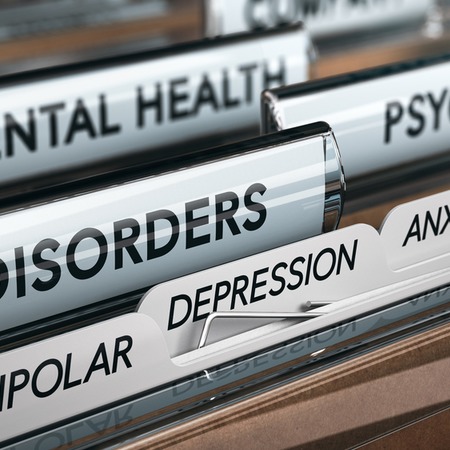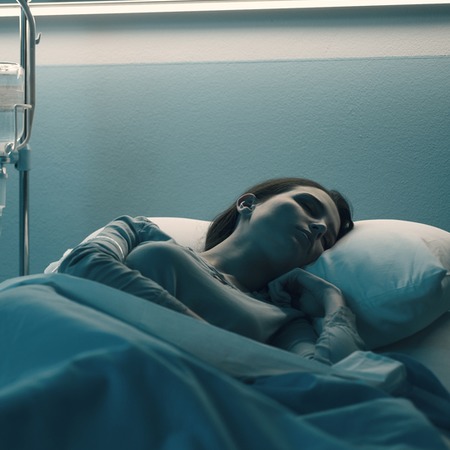Schizophrenia
What is Schizophrenia?
Schizophrenia is a serious mental illness that alters how a person feels, what they see, and how they behave. It’s a chronic condition, and there's no cure for it. However, many people with schizophrenia are able to become fully or partially free from its symptoms and live full lives with the condition.
Schizophrenia is not as common as some other mental health issues. In fact, it’s estimated that less than 1% of Americans have schizophrenia, according to the National Institute of Mental Health (NIMH). But knowledge is power—so here's what we think you should know about schizophrenia.
Schizophrenia symptoms
There are two kinds of schizophrenia symptoms, called positive symptoms and negative symptoms, those that mentally healthy people don’t normally exhibit. They usually center around losing touch with reality.
“The positive ones are psychosis-related, like hallucinating, delusional thinking, and disorganized thinking,” Dr. Sayer says. “The thought process of a person with schizophrenia is disorganized. They don't go from one topic to the next in a logical or reasonable way. They're on one topic one moment and jump to a completely random thing the next.” They may also exhibit abnormal body movements.
"Negative" symptoms on the other hand are those that disrupt healthy behaviors or emotions. For negative symptoms, people with schizophrenia can sometimes become withdrawn, interact less, be less expressive emotionally, and not really partake in many activities. Over time, there can also be impairments with their cognition, concentration, focus, and decision-making, and all of this can make it harder for them to care for themselves.
Symptoms aren’t always stable; they may change and fluctuate in severity. Typically, schizophrenia symptoms show up between the ages of 16 and 30, according to the NIMH. The condition often starts in the late teens for men and the early 20s for women, Dr. Sayer adds.
Schizophrenia causes
The exact cause of schizophrenia hasn't been discovered yet, however, there are certain risk factors that make people more likely to develop it.
Genetics-Schizophrenia can sometimes run in families. If you have a family history of the mental disorder, you're at a higher risk of developing it yourself. Scientists haven't, however, been able to identify the particular genes linked to it.
Environment-Certain environmental factors like malnutrition in the womb, complications during a person’s birth, and being exposed to certain viruses are thought to contribute (in addition to genetics) to a person’s risk of developing schizophrenia. Research suggests that some psychosocial factors like childhood abuse and growing up in a stressful and judgmental home may also increase a person’s risk of schizophrenia.
Brain changes- Certain imbalances in chemicals in the brain may play a role in developing schizophrenia. Experts think the neurotransmitter dopamine in particular is likely involved, Dr. Sayer says, and medications that block this brain chemical are often used to reduced schizophrenia symptoms (more on that later).
Other research suggests that brain changes during adolescence and early adulthood may also be linked to schizophrenia.
Diagnosing schizophrenia
If you or someone you love are struggling with Schizophrenia or any other mental health issue, LET US HELP. Give us a call at 1-888-98-TODAY. Feel free to fill out the new contact form listed under the Contact Us tab at the top of the Texas Care website for more information on how we can better serve you. It’s quick and confidential.
















